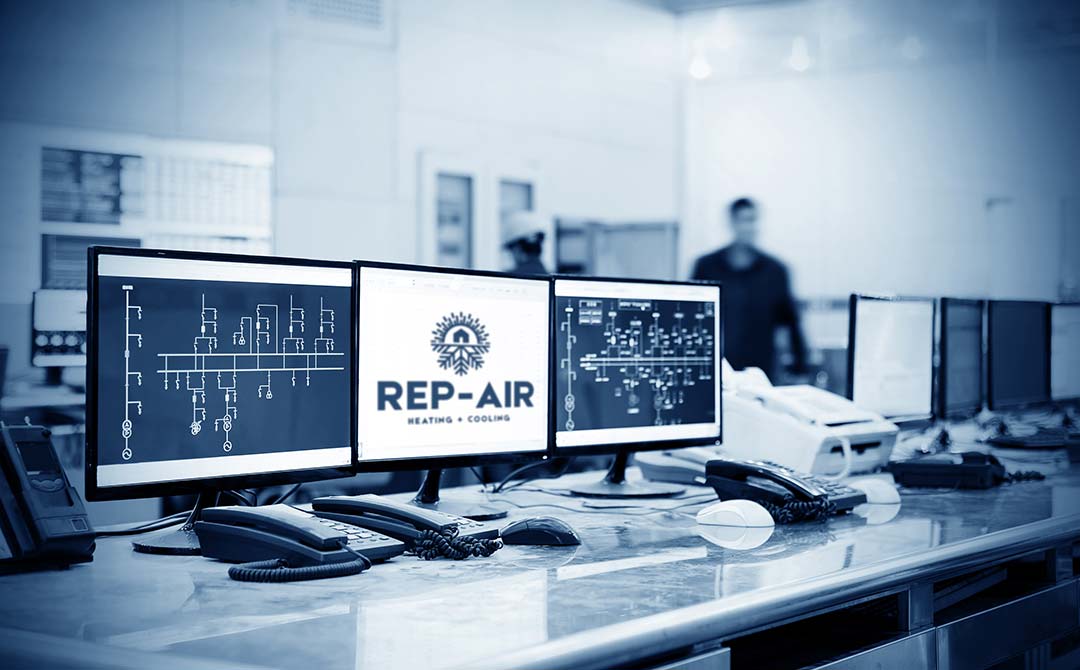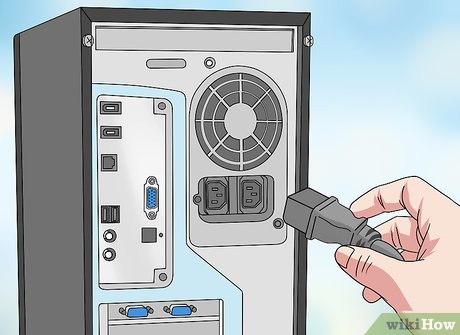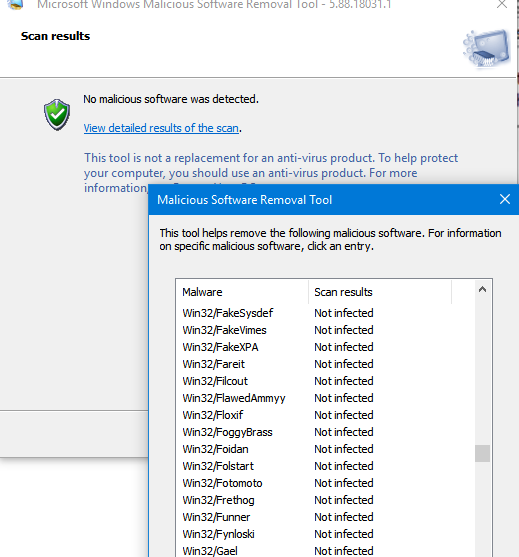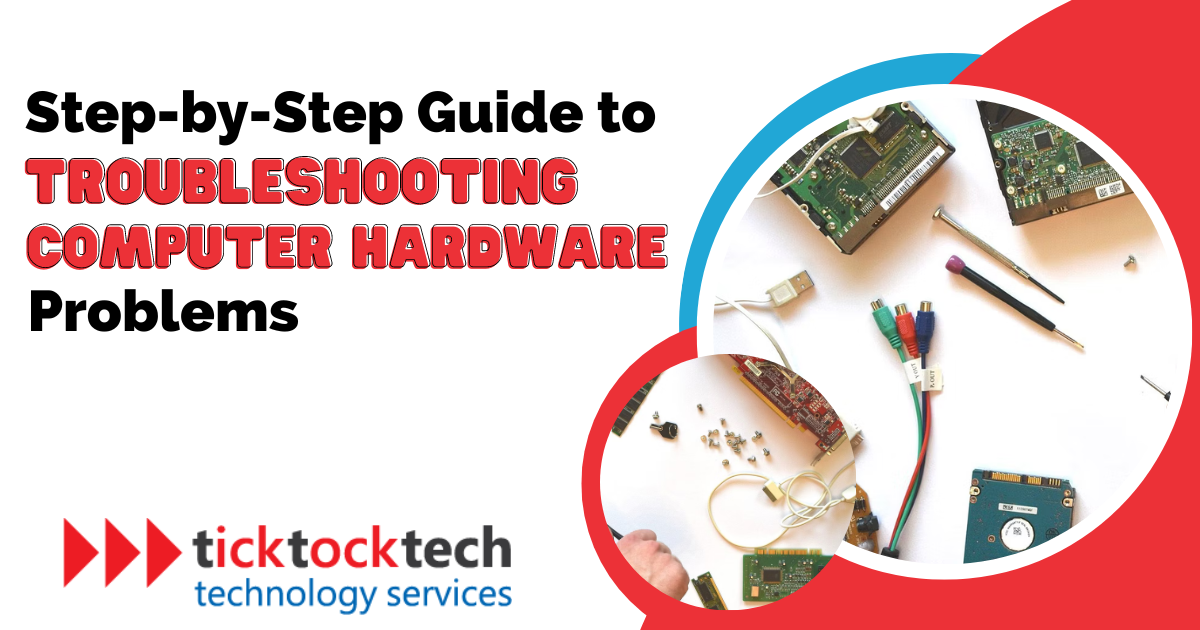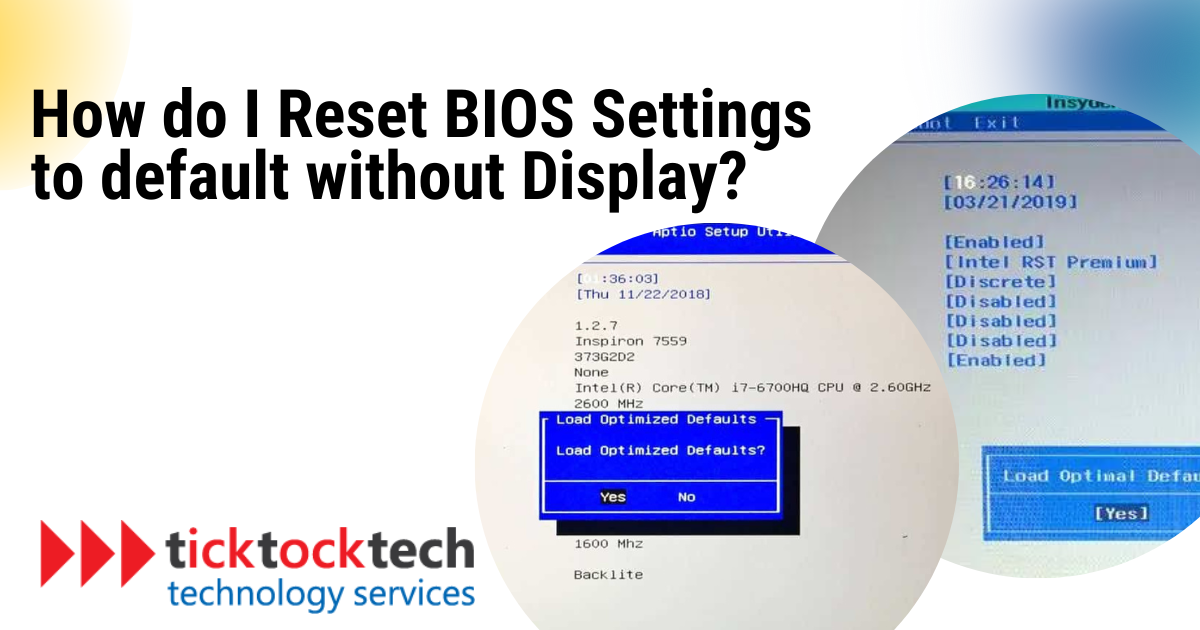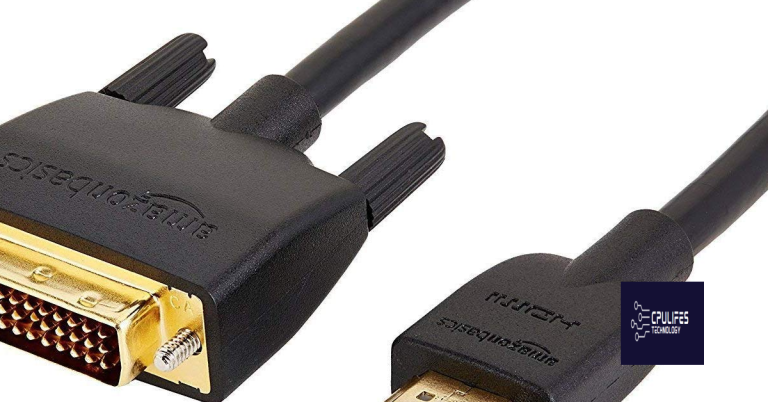Why Does My PC Randomly Turn Off?
Have you ever wondered why your PC suddenly shuts down without any warning?
Common Causes of Random PC Shutdowns
There are several potential causes for your PC randomly turning off. Here are a few common issues to check:
1. Overheating: When your computer components get too hot, it can cause your PC to shut down unexpectedly. Ensure that your computer has proper ventilation and that the fans are working correctly. Consider cleaning any dust or debris that may be blocking the airflow.
2. Power supply issues: A faulty power supply unit (PSU) can cause your PC to shut down randomly. Check if there are any loose connections or if the PSU is supplying enough power to your system. Consider replacing the PSU if necessary.
3. Hardware problems: Faulty components such as the motherboard, graphics card, or RAM can lead to random shutdowns. Check for any loose connections or damaged hardware. Update your device drivers and run diagnostics to identify any hardware issues.
4. Software conflicts: Conflicting software or malware infections can also cause random shutdowns. Run a full system scan using a reliable antivirus program like Microsoft Defender Antivirus. Uninstall any recently installed software or drivers that may be causing conflicts.
It also tackles freezing programs and slowdowns by fixing registry errors, missing files, and excessive junk. Furthermore, Fortect can automatically fix missing or corrupt DLL files and repair the causes of Blue Screen of Death (BSoD) errors. It even offers OS recovery, comparing your current operating system to a healthy version and restoring vital system files.
Preventing Overheating and Power Supply Issues
- Ensure proper ventilation: Make sure your PC has enough space around it for proper airflow.
- Keep your PC clean: Dust and debris can accumulate over time and cause overheating. Regularly clean your PC using compressed air or a soft brush.
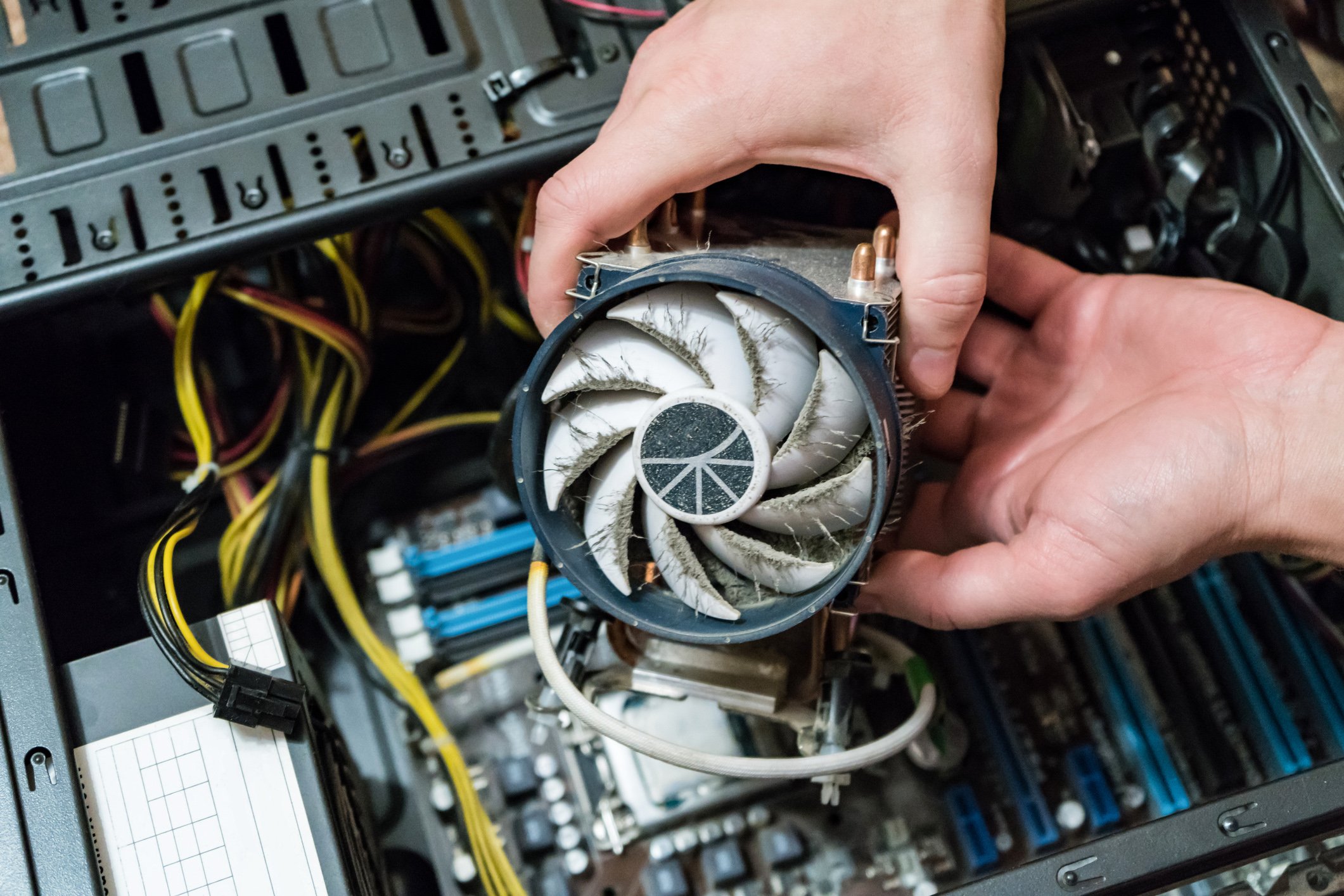
- Check internal fans: Ensure that all internal fans are working correctly and are free from obstruction.
- Monitor CPU temperature: Use software tools to monitor your CPU temperature and ensure it stays within safe limits.
- Check power supply: Make sure your power supply is functioning properly and providing enough power to your components.
- Upgrade your power supply: If your PC randomly turns off during power-intensive tasks, consider upgrading to a higher wattage power supply.
- Avoid overclocking: Overclocking can increase the heat generated by your components, leading to overheating issues.
- Reapply thermal paste: Over time, the thermal paste between your CPU and its heatsink can degrade. Reapplying it can improve heat transfer and prevent overheating.
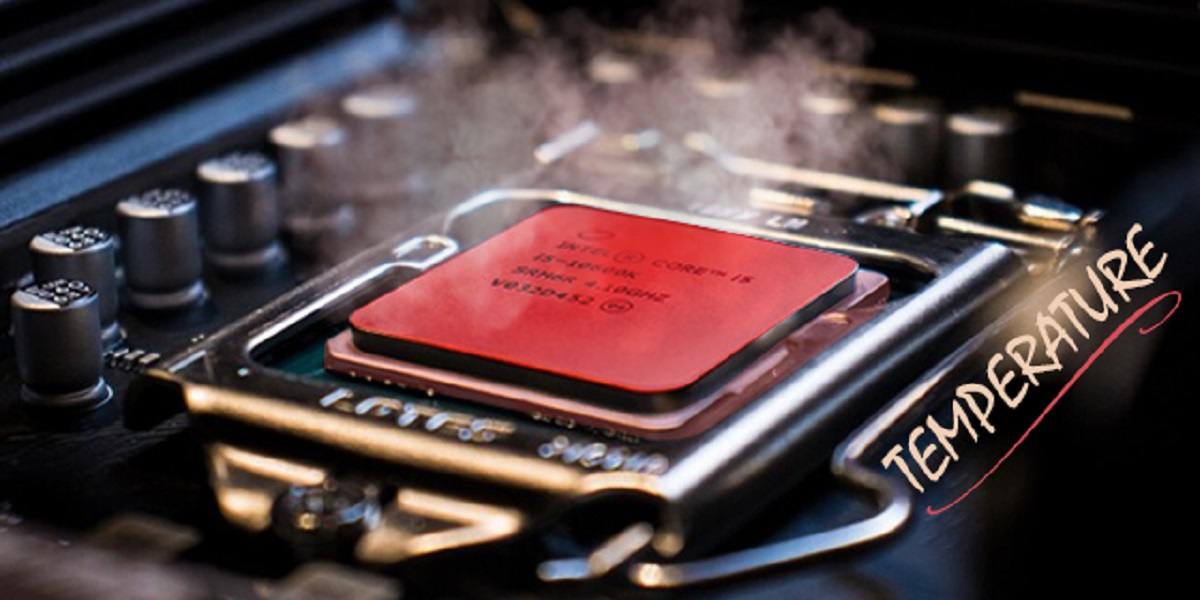
- Check for software issues: Certain software or drivers can cause your PC to randomly shut down. Update your drivers and run a malware scan to rule out software-related problems.
Updating Drivers and Scanning for Malware
down
power supply
malware
driver updates
scan
malicious software
update drivers
malware scan
random shutdowns
randomly turning off
fixing the issue
potential causes
software conflicts
outdated drivers
malware infections
Microsoft Defender Antivirus
Device Manager
system stability
hardware issues
overheating
power settings
performance issues
troubleshooting steps
restarting the computer
checking for updates
running a malware scan
updating drivers
python
import datetime
import psutil
def check_shutdowns():
# Check if the PC has recently shut down unexpectedly
if psutil.boot_time() > psutil.time.time() - 60:
# Log the unexpected shutdown
with open('shutdown_log.txt', 'a') as log_file:
log_file.write(f"Unexpected shutdown at {datetime.datetime.now()}\n")
def main():
while True:
check_shutdowns()
if __name__ == "__main__":
main()
This code uses the psutil library in Python to monitor the system’s boot time and compare it with the current time. If the difference is less than 60 seconds, it considers it as an unexpected shutdown and logs the event in a file named “shutdown_log.txt”. The code continuously runs in an infinite loop, checking for unexpected shutdowns.
Resolving Errors and Unexpected Shutdowns
table {
width: 100%;
border-collapse: collapse;
}
th, td {
padding: 8px;
text-align: left;
border-bottom: 1px solid #ddd;
}
th {
background-color: #f2f2f2;
}
Why Does My PC Randomly Turn Off?
Random shutdowns and errors can be frustrating and disruptive. Here are some common causes and potential solutions:
| Error Type | Description | Possible Solutions |
|---|---|---|
| Overheating | When the computer’s temperature exceeds safe limits, it may shut down to prevent damage. |
|
| Power Supply Issues | A faulty power supply can cause sudden shutdowns or inability to power on. |
|
| Software Errors | Corrupted or incompatible software can lead to unexpected shutdowns. |
|
| Hardware Issues | Defective hardware components can cause system instability and shutdowns. |
|
| Overclocking | Overclocking the CPU or GPU beyond stable limits can lead to system crashes. |
|
Beware of potential hardware or software issues if your PC turns off randomly, as it could indicate overheating, power supply problems, or underlying system errors. Download this tool to run a scan


